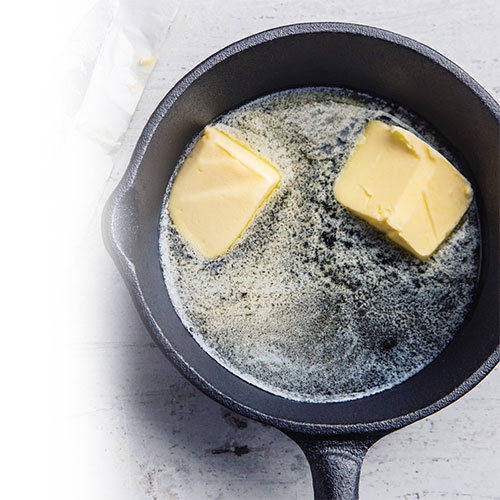The causes of hypertriglyceridemia
Hypertriglyceridemia may or may not be hereditary. Some of the causes that explain an elevation of triglycerides are:
- alcohol consumption
- obesity
- sedentariness
- a low-protein and high-sugar diet
- poorly controlled diabetes
- hypothyroidism
- pregnancy
- various kidney or liver diseases
- certain drugs
If your triglyceride levels are high, ask your pharmacist if certain medications you take may contribute to the problem.


